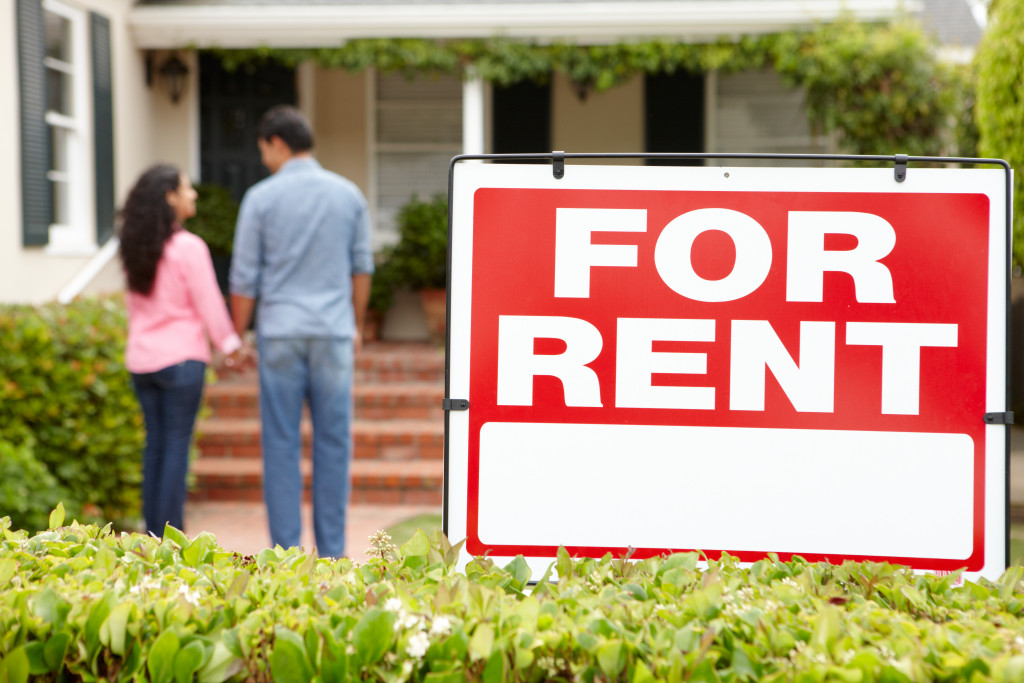8 Things You Shouldn’t Do When Selling Your Home

Selling your home can be a complicated process. It’s not easy to part with something that has been such a big part of your life, and it’s even harder when you have to go through the hassle of preparing it for sale. You might feel lost and stressed if this is your first time selling your home. Potential buyers also add to this stress, as you have to ensure they’re happy with the property and that the sale goes smoothly.
When you sell your house, making a mistake is unavoidable, but learning to correct it can make the selling process as simple and stress-free as possible. Here are eight things you should avoid doing if you’re selling your home:
Not Hiring A Real Estate Agent
Some people try to sell their homes without the help of a real estate agent, thinking that they’ll save money that way. However, this is usually not the case. Real estate agents have the experience and knowledge to help you price your home correctly, market it effectively, and negotiate with buyers.
Hiring a real estate agent will also save you time and stress, as they handle all the paperwork and showings for you. In the end, hiring a real estate agent will probably save you money, as they can help you sell your home quickly and reasonably.
Not Marketing Your Property
If you’re not marketing your home effectively, you might not get any offers. Potential buyers need to be able to find your property online, and they also need to see it in person. You should engage in a reliable residential property management service to get the most out of your home. They will handle the appropriate marketing strategy to maximize your earnings and enlist the right candidate for your property.
Cluttering or Messing Up Your Home
When buyers come to look at your home, they want to be able to imagine themselves living there. This means that your home needs to be clean and free of clutter. Suppose potential buyers are walking into a cluttered and messy house. In that case, it will be hard for them to see the property’s potential.
Unresponsive To Potential Buyers
When selling your home, you need to be available when buyers want to see it. If you’re unresponsive, they’ll move on to another property that is easier to view. Being responsive shows you’re serious about selling your home and willing to work with buyers.

Disclosing Too Much Information
When potential buyers look at your home, they might ask you questions about the property. While you should answer their questions, you shouldn’t give them too much information. Telling them too much about your personal life or the reason you’re selling might make them feel like they’re intruding, and it could turn them off from the property.
For example, you don’t need to tell them you’re selling because you’re going through a divorce or financial difficulties. Just stick to the basics. Telling them how long you’ve lived in the house and what kind of work has been done.
Neglecting Your Curb Appeal
Your home’s curb appeal is essential, as it’s the first thing potential buyers will see when they pull up to your property. If your home doesn’t look appealing from the outside, buyers might not even want to come inside.
Ensure your lawn is trimmed and your home’s exterior is in good condition. Adding a few pots of flowers or plants can also help to spruce up your home’s curb appeal.
Overpricing Your Home
When setting the price for your home, you might be tempted to overprice it, thinking that you’ll get more money that way. However, this is usually not the case. If you overprice your home, it will sit on the market for a long time without getting any offers. This can make buyers think there’s something wrong with the property, which will eventually sell for less than what it’s worth.
It’s important to price your home correctly, so you don’t lose money in the long run.
Hiding House Defects
Suppose there are any defects in your home. In that case, it’s important to disclose them before potential buyers come to look at the property. Hiding flaws will only cause problems down the road, as buyers might back out of the sale or ask for a lower price.
If there are any significant defects, such as a leaky roof or cracked foundation, you should get them fixed before putting your home on the market. For more minor defects, such as a cracked window or chipped paint, you can disclose them to potential buyers and offer to fix them before the sale is finalized.
All In All
Selling your home can be a daunting task. There are many things to consider, and it is easy to make mistakes that can cost you time and money. However, by being aware of the most common mistakes made during the selling process, you can avoid them and make the process easier.




